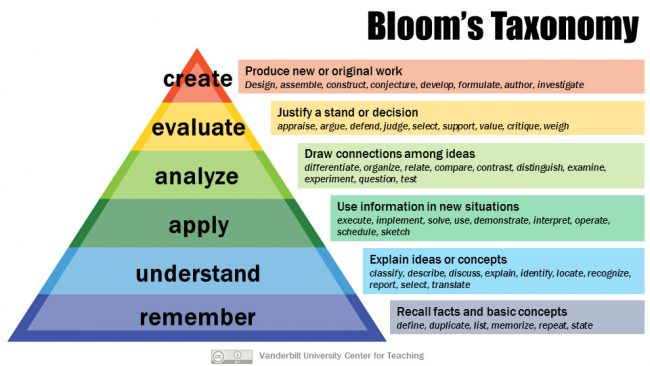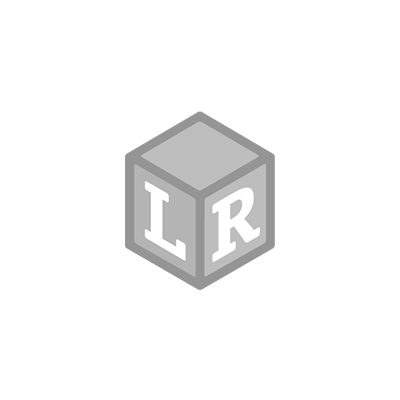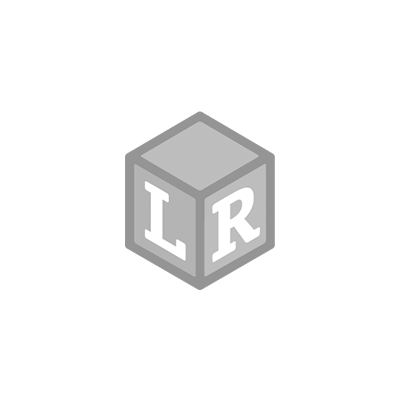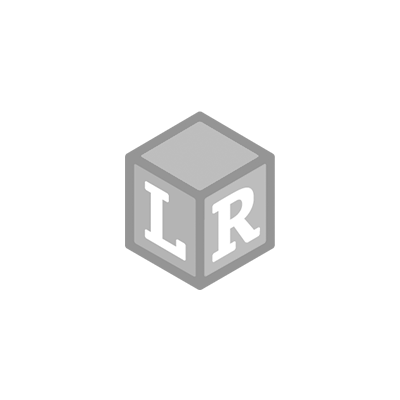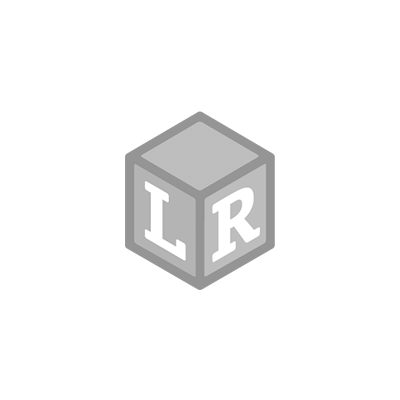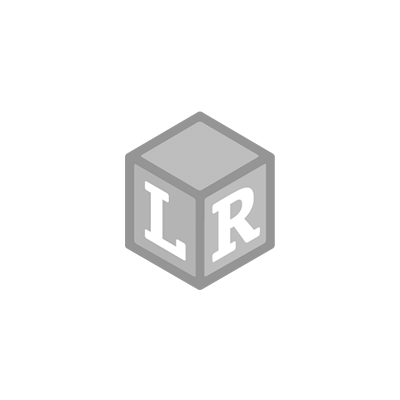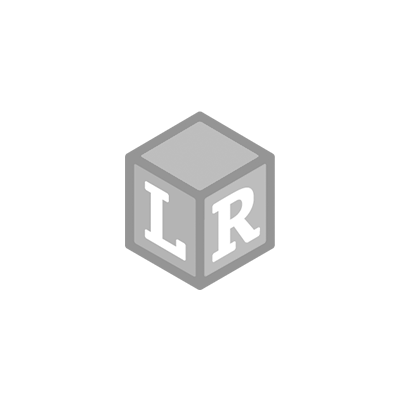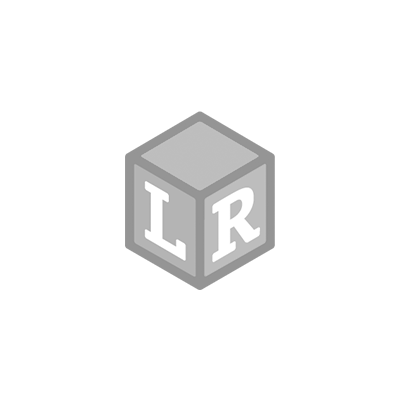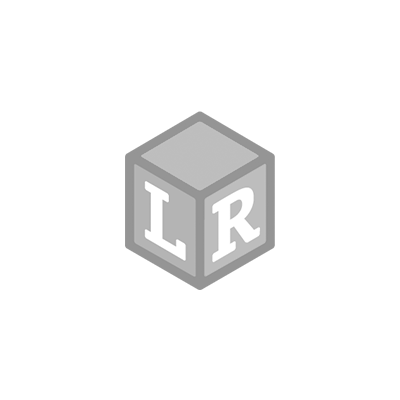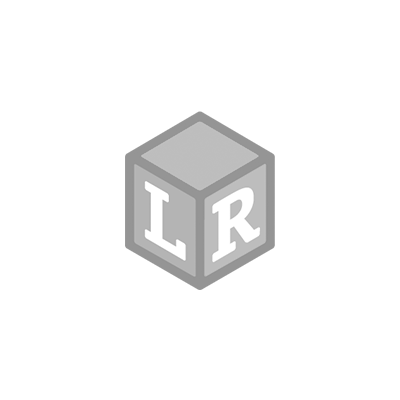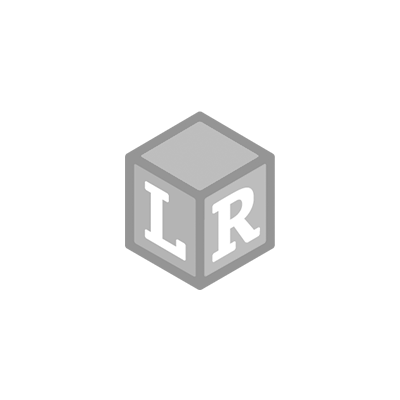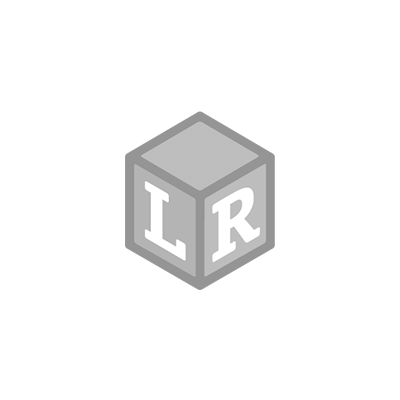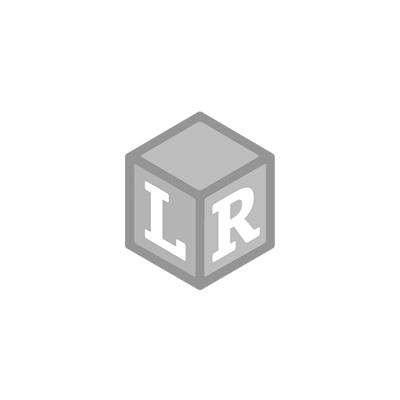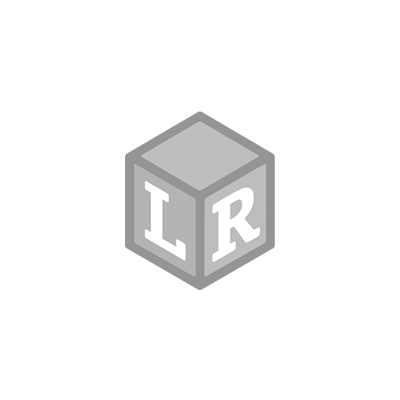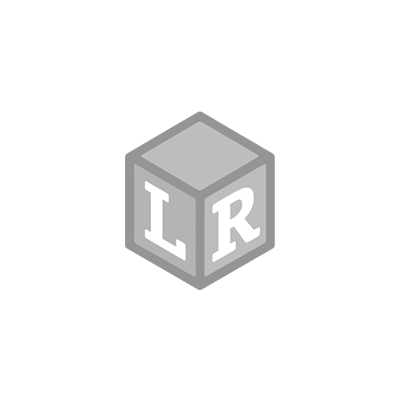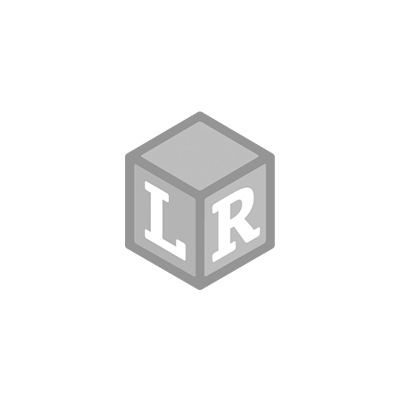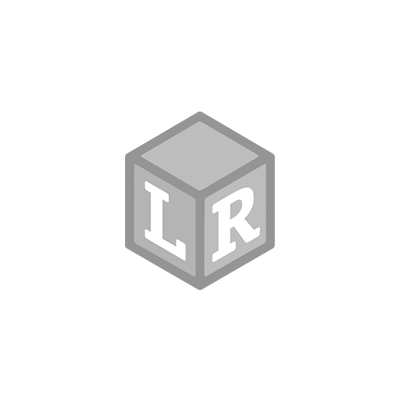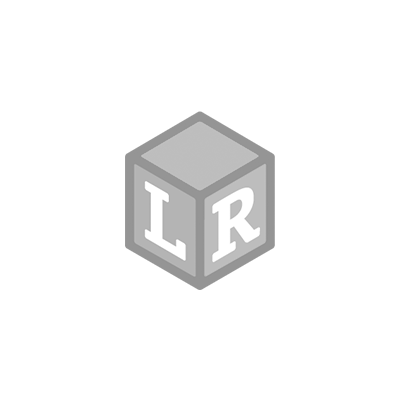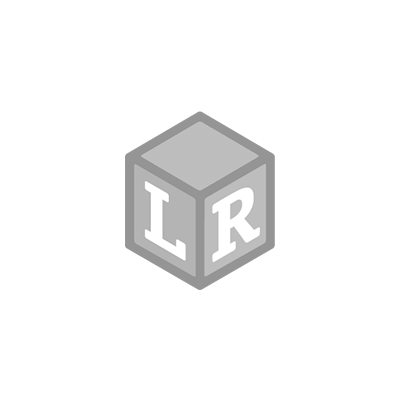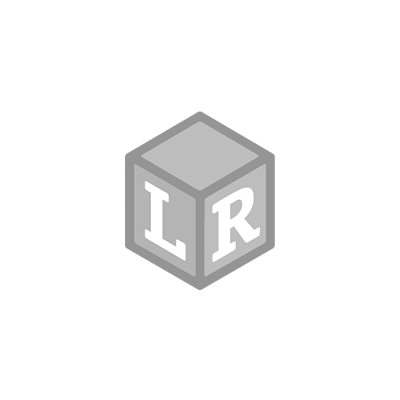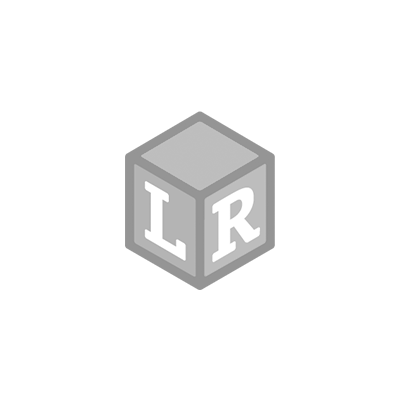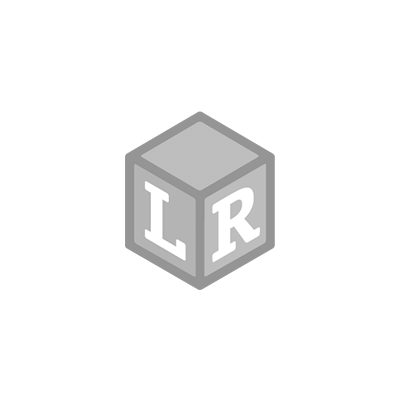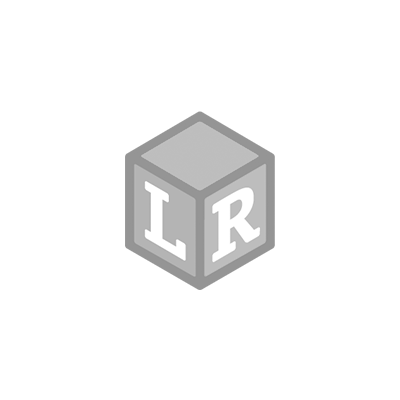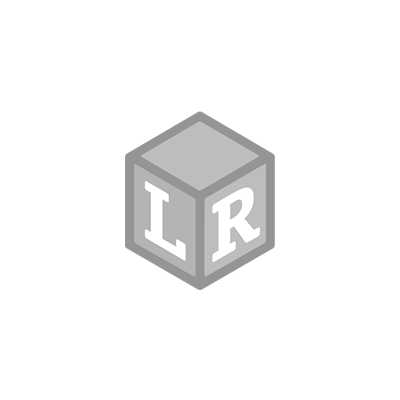
Back-to-School 2021: Foundational Skills for Third and Fourth Grade
- Gabrielle Fischer Posted On Jul 27, 2021 | Back to School
Third and fourth grades are a stage of exciting growth for your child when learners typically begin to take the foundational skills they have been practicing and apply them to unique situations. This ability to apply is at the core of creative problem-solving. Creative problem solving is a process in which one explores unique solutions to a problem they have not encountered before. How might I earn money from a lemonade stand? How might I make a special present for my brother’s birthday?
Let’s look a little bit closer at the progression of skills. We can think of the framework for educational skills, abilities, and goals as a pyramid, a progression of their level of sophistication. This pyramid view of skill progress, Bloom’s Taxonomy, can be seen in this image from Vanderbilt University’s College of Teaching.
- Our foundational skills include remembering and understanding. As with any construction, a sturdy and wide base is essential - knowledge is at the base of all learning skills.
- Next, we move up the pyramid to applying. Building on a strong base, a learner can move beyond recalling facts and use this information in new situations. Many third and fourth-grade classrooms will have a focus on building and practicing skills in this area.
- Finally, at the highest level, we include actions such as analyzing, evaluating, and creating. Here we are taking our foundation of knowledge and experiences gained while applying skills to new situations and using that base as we build higher into synthesis and creation.
What You Might Expect in 3rd & 4th Grade Classroom
Many parents remember memorizing multiplication and division facts in third and fourth grades. Years later, this hasn’t changed, and these facts are still a key part of the curriculum. You may be wondering, why does my child need to memorize math facts when they can have a calculator at their fingertips? Memorizing math facts is a foundational skill that is essential, regardless of the technology available. Think about the pyramid we just discussed. Remembering and understanding math facts allow your child to handle all kinds of math computation more quickly and easily. Additionally (pun intended!), once your child has a solid understanding of their facts, they will be able to apply those math facts to higher-level math skills, such as the word problems they will encounter in third and fourth grades.
Collecting information is another key strategy that will be introduced at these grade levels. In reading & language arts, third and fourth graders shift from “learn to read” to “read to learn.” Students will practice reading to find the key points of an essay and begin to research essay writing. Math word problems require identifying and collecting information needed and then applying it to the specific problem.
Interaction between subject areas is another way in which third & fourth-grade students will move up to the pyramid to applying. Math geometry skills may be applied in art; geography crosses boundaries between social studies and language arts. Of course, reading comprehension skills will be applied across all subjects as your child is now using reading to learn.
How You Can Help Your Child Prepare at Home
Parents are often concerned that learning begins to feel less fun in the third and fourth grades. You can help your child retain their love of learning spirit by incorporating playful learning activities at home. Playing storytelling games around the dinner table not enhances family bonds; it also helps your child practice collecting ideas and applying them to a story. At the dinner table with my family, one of our favorite games was “The Adjective Game”: one person picks an adjective, and then everyone else has to tell a story from their day that relates in some way to that adjective. A game like tri-FACTa!™ Multiplication & Division Game makes the memorization of math facts fun. Also, make sure to embrace opportunities in everyday life to apply math skills. For example, at the grocery store, ask your child to help you decide if it’s better to buy apples individually or in a 1-lb bag.
As your child grows this year, you’ll certainly see new math facts memorized, and new writing skills emerge. Don't forget to keep an eye out for the wonderful new ways your child can apply these skills and trying the Learning Resources thinking games.
Writer’s Bio
Amy Torf is an engineer, teacher, and mom of three. She applies her own background in engineering and education to the fun, hands-on STEM programs provided by Noggin Builders, including classes and camps, and Noggin Builders Foundation, which provides free STEM programming to children in low-income communities. You can learn more at www.NogginBuilders.com and www.NogginBuildersFoundation.org.
 Shop UK Site
Shop UK Site 
